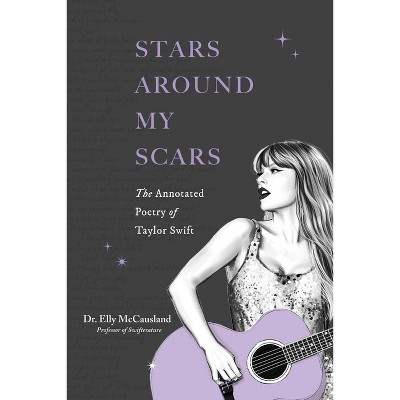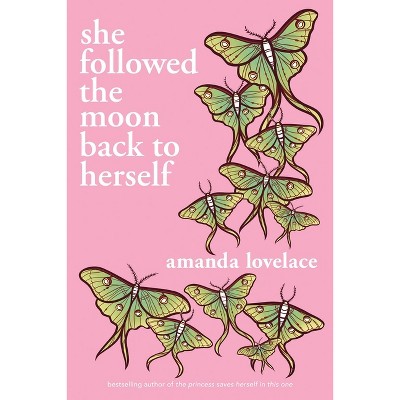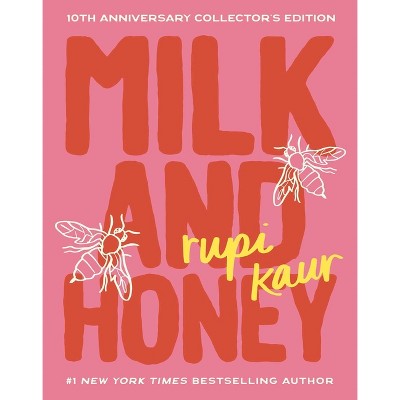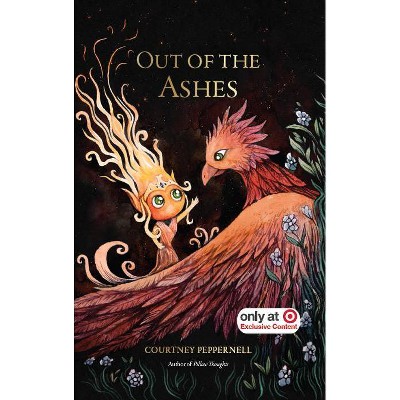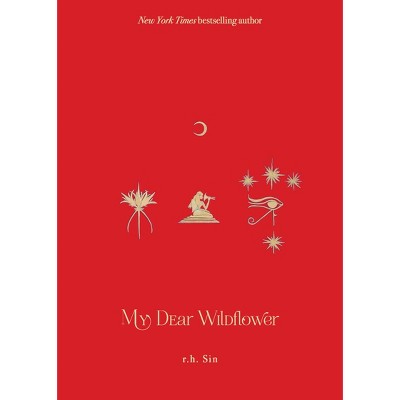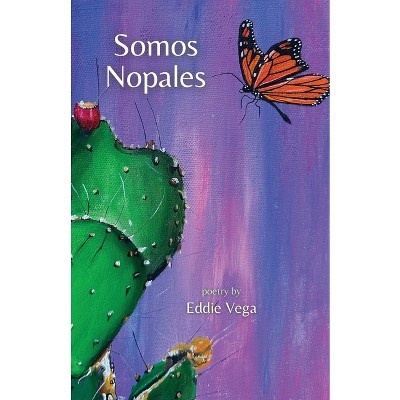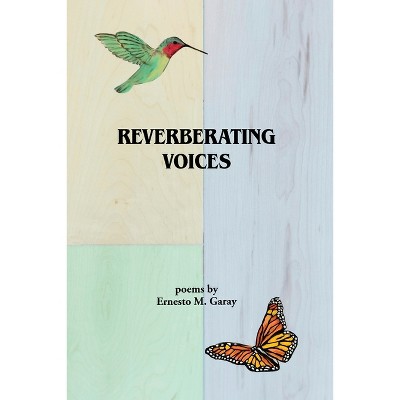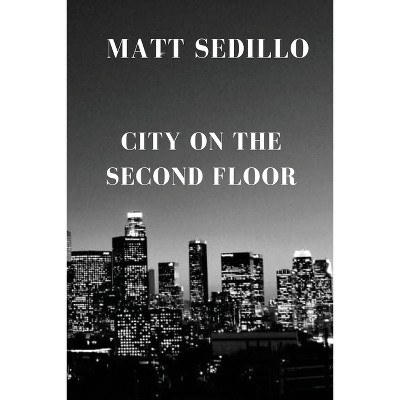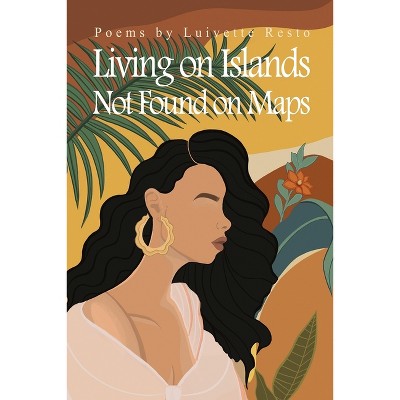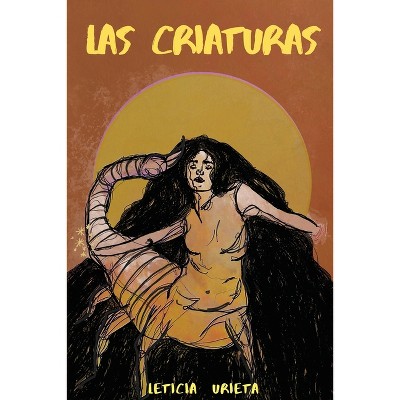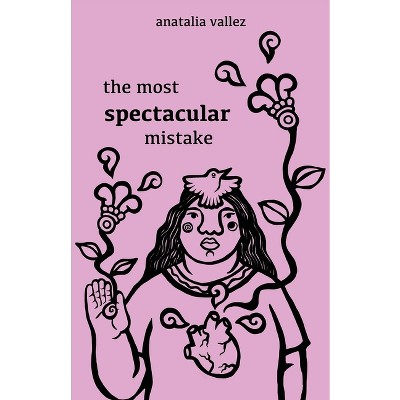Sponsored

Catastrophic Molting - by Amy Shimshon-Santo (Paperback)
In Stock
Sponsored
About this item
Highlights
- Catastrophic Molting is the collective ritual of loss and regeneration experienced by sea elephants (Mirounga Angustirostris) along the California coast.
- Author(s): Amy Shimshon-Santo
- 102 Pages
- Poetry, American
Description
About the Book
Catastrophic Molting is the collective ritual of loss and regeneration experienced by sea elephants (Mirounga Angustirostris) along the California coast.
Book Synopsis
Catastrophic Molting is the collective ritual of loss and regeneration experienced by sea elephants (Mirounga Angustirostris) along the California coast. While molting, the mirounga rest together on the shore, and fast to preserve their energy. Collective resting creates social protection during times when they are most vulnerable. Only through these periods of dramatic change can they grow sleek new coats. The poems in this collection speak to mourning and loss, rage and defiance. The book is structured in three sections: Contagion, Sangue, and Pelage. The contagion poems reveal a world split in half like a calabash by a virus. "Beating, trembling" the book opens with a woman pleading for mercy. The poet creates erasure poems that shift isolation into observation: "my feet looked outside /listening." The work conveys the liminality of profound change. "A new cycle had begun / I would never be the same again." The second section, Sangue, gathers poems of mourning and rage. "I know a psalm when I hear one / when you murder the future of music / you are conjuring extinction." Dysfunction on planet Earth reverberates from the street across our expansive galaxy. These poems refuse to normalize war, militarism, or deadly police misconduct. In the final section, Pelage, the poet gathers war inside her own body to detonate it. The poems decry the haunting repetition of abuse of power and climate collapse. Moving bare-handed through pain, the poems gather momentum to "blow tsunami-wind" and "rattle clear the desks." With the verve of Oya, the goddess of ancestral and radical change, the work claims ground for empathy and inter-being. The poems reach toward the question: "what if we were a part of a whole / that loved us without ceasing?" Catastrophic Molting breaks with the inertia of domination to move toward freedom, where "stepping off might actually be, stepping in / turning away might actually be, turning toward." Shimshon-Santo uses the tools of language to remind readers there is power in repudiation, comfort in collective mourning, and possibility in reimagining.
Review Quotes
"Creation is a necessary endeavor," Amy Shimshon-Santo reminds us, and Catastrophic Molting is a necessary book. These poems thrum with anger ("who can be witness/to these times/and not want
to be thunder?") and glow with compassion. Her poems are awake to both the pain and beauty of our world. At the end of the title poem, she asks "what if we were a part of a whole/that loved us
without ceasing?" Being inside this book feels like being part of such a whole, an immersive ocean of unceasing love.
-Gayle Brandeis
Amy Shimshon-Santo's Catastrophic Molting is an exploration of the deeper connections we inhabit. The poems weave the tragedies we experience daily with the beauty and wonderment of being alive, "I began to see/how the world is/all things linked/in the same place." Among separation and closeness, desperation and hope, she invites us to thrive in the abundance that is all around us.
-Leonora Simonovis
In Catastrophic Molting Amy Shimshon-Santo's poems of revelation are made in an age of streaming messages, zooming interactions, war, the police state, incarceration, and toxic cities. Her poems are
a space to heal our cuerpos with her dazzling butterfly wisdom, and sky warrior rhymes.
-Adrian Ernesto Cepeda
Amy Shimshon-Santo's poems are the words of a survivor, a warrior, and a creator. Time and time again, across borders and languages, her writing takes us into sensuous and deeply emotional places, finding beauty and rootedness and meaning in everyday moments and extraordinary landscapes.
-Héctor Tobar
Amy Shimshon-Santo is the most organic poet I have ever read. Her art erupts or flows as the subject demands, cherishing and berating the world with equal ferocity; one minute politically exigent, the next dreamy and attuned to the language of the tiniest living thing.
-Mamle Kabu
Shipping details
Return details
Frequently bought together

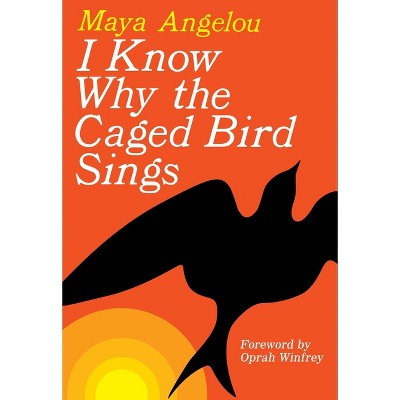

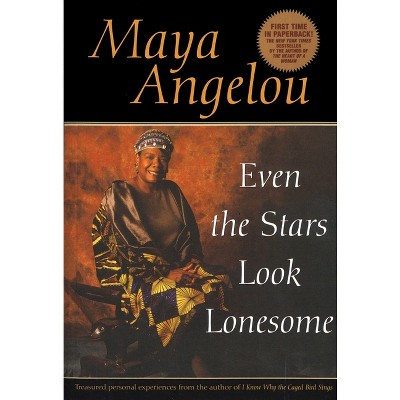
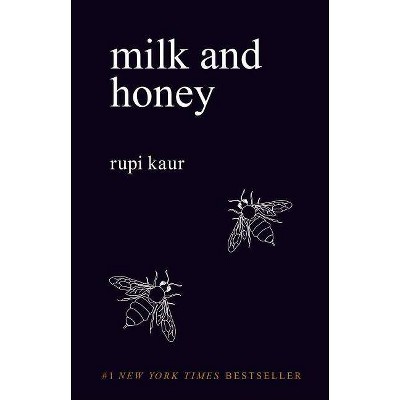
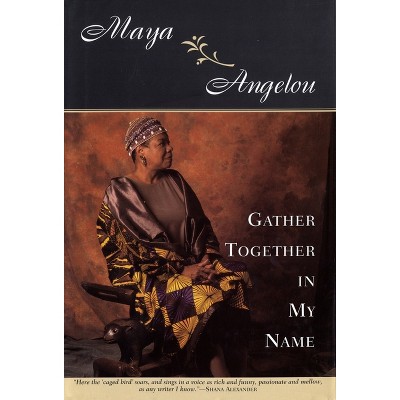
Trending Poetry
